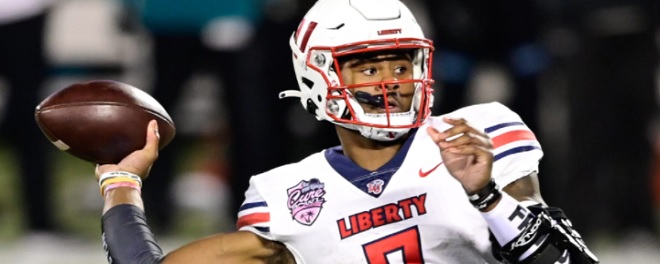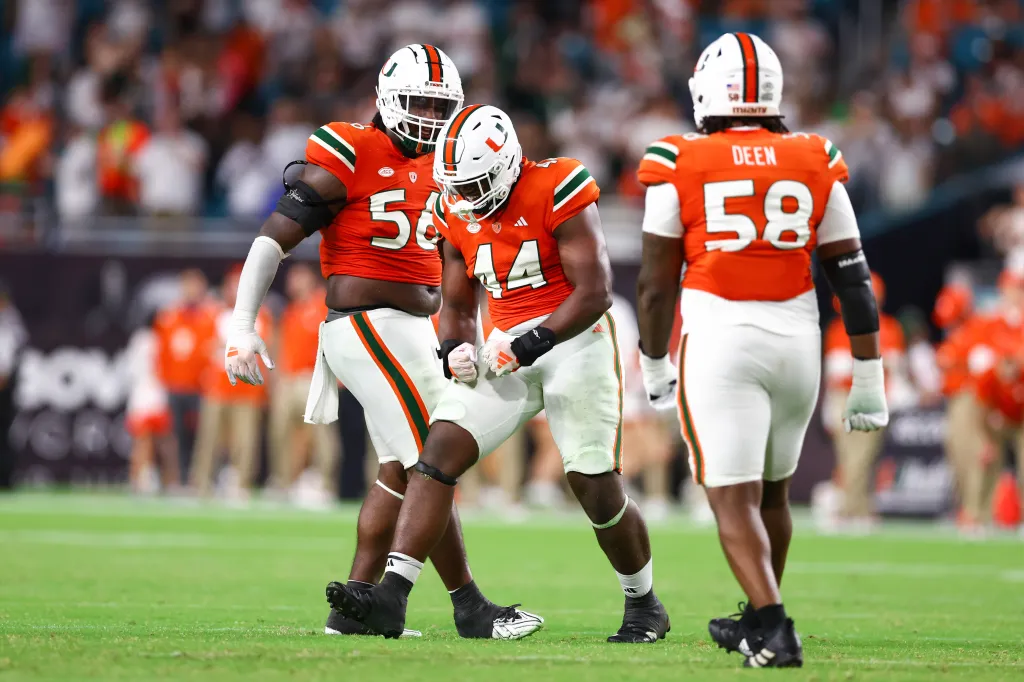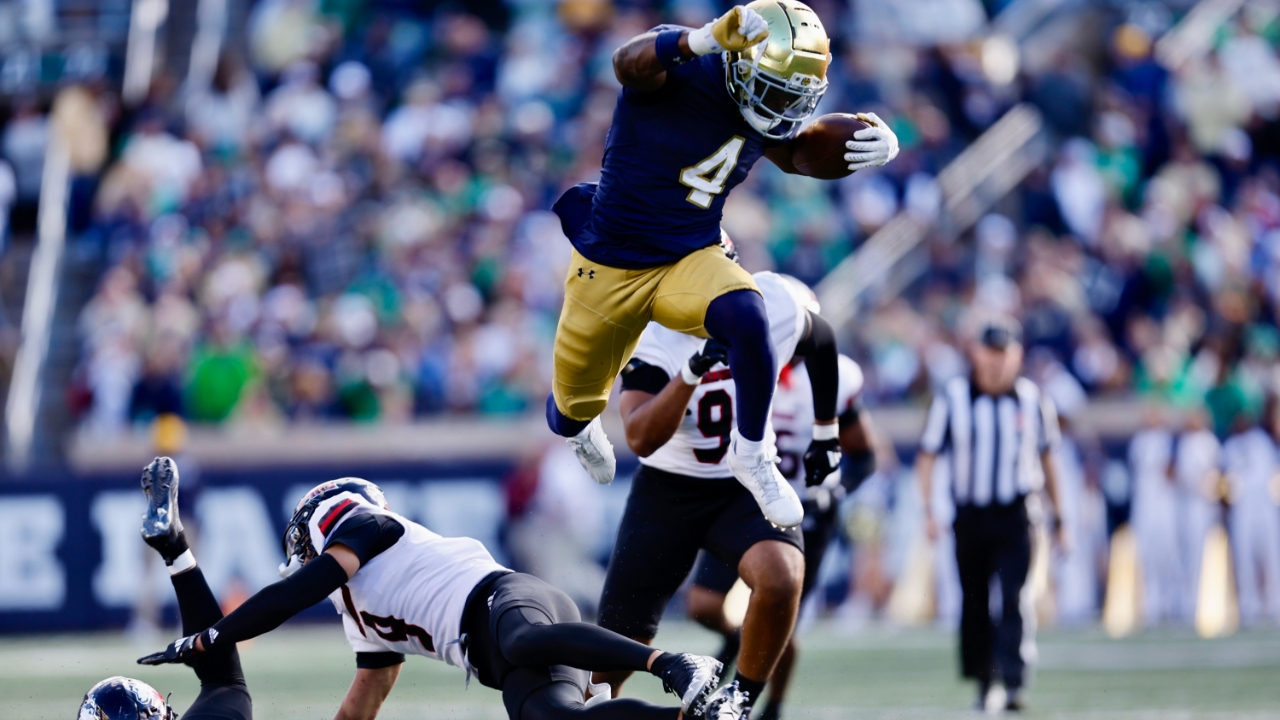How High School Football Prepares Students for College On and Off the Field
Friday night games flash bright lights, loud bands, and padded tackles across the grass. Behind that excitement, the practice field serves as an outdoor classroom. Each snap and sprint teaches effort, trust, and calm thinking under stress. When students search online for reliable help and ask is paperhelp legit, they draw on those hard lessons. Lessons about risk and reward hide inside each collision and catch. Players notice that careful study turns raw talent into steady performance. These patterns craft habits that will guide term papers and late exams.
A thoughtful unemployedprofessors review pointing out strengths and missed steps. Film replaces paper, turning remarks into clear drills that stick. Players grow used to hearing critiques, fixing flaws, and moving forward without sulking. That mindset fits college seminars, where rapid feedback demands quick, steady change. Video rewinds display mistakes without anger and let athletes see the truth in slow motion. Reflection on tape shows that small tweaks create large gains in team output. College courses reward that same cycle of review, choice, and deliberate action.
Building Academic Discipline
Practice begins at four, and the whistle blasts one minute later without mercy. Such strict timing teaches study habits long before freshmen read a syllabus. Players finish homework at lunch, review notes on buses, and rise early for quizzes. Effort links to outcome: prepare well and drills feel lighter; slack off and muscles burn. The routine simplifies decision-making because time slots already have specific tasks. Friends learn to meet during study hall, keeping social life within tight borders. Such a structure converts busy months into repeatable patterns that reduce stress.
Coaches post grade charts and bench anyone whose marks dip under the line. Missing a packed stadium motivates teenagers better than any tutor. Fear of sitting out teaches assignment tracking, timely questions, and step-by-step planning. These habits match college life, where reminders fade and self-control guides success. Report cards arrive, but athletes already know results because they track scores weekly. They hold study groups during lunch, turning teammates into peer tutors. Parents and teachers notice early warnings fade as ownership grows.
Learning Time Management
Game night lasts forty-eight minutes, yet preparation fills every spare hour that week. Players juggle weight sessions, play reviews, and service events alongside tests and chores. To survive, they design calendars that respect energy levels and hard deadlines. The calendar tool on every phone becomes as vital as cleats. Rest periods also get penciled in, guarding energy reserves for peak plays. By senior year, many players mentor younger classmates on keeping balanced schedules.
Many athletes rely on backward planning to organize every practice, meal, and essay. They start with the bus departure at two-thirty, then count hours in reverse. College timetables follow the same logic, mixing lectures, jobs, and social events. Breaking large tasks into plays—two pages here, one outline there—keeps progress steady. Because the scoreboard clock never stops, these students treat minutes like fuel, not fog. Printing essays early removes late panic caused by empty dorm printers. Color-coded plans display free hours, letting students accept part-time jobs with confidence. Breaking work into bursts protects focus and keeps anxiety low.
Developing Social and Leadership Skills
A huddle works much like a small town meeting where everyone signals intent. The quarterback states the play, yet each teammate answers through stance and motion. Daily repetition turns reading body cues and giving quick support into second nature. Shared experience teaches empathy faster than any lecture on cooperation. Teammates sense mood changes and adjust support before words appear. That awareness shines during college lab projects needing silent coordination.
Captains carry extra duties as bridges between coaches and players. They lead warm-ups, calm nerves, and speak during assemblies, sharpening clear speech and poise. College group projects mirror those moments, requiring calm direction and fair listening. Bench players gain equal wisdom by cheering, staying ready, and stepping in without warning. They also mediate disputes during practice, calming hot tempers in moments. Such quick peacekeeping equals pure gold during crowded dorm meetings. Confidence earned on the field sticks when presenting research before strangers.
Long trips add community lessons, as cramped buses force shared snacks and patience. By graduation, players have held many hours in public speaking, conflict resolution, and active listening. These social miles grant a head start once dorm life begins. They trade headphones, stories, and advice, weaving friendships beyond usual cliques. Managing small disagreements over seat space teaches calm negotiation skills. Such travel tales become quick icebreakers during the first week of college.
Carrying Habits Into College Life
Many freshmen feel free-fall during week one, with no bells or curfews in sight. Former athletes move smoothly because seasons of order shaped inner guardrails. Their alarms ring early, and planners fill before syllabus shock appears. Inner schedules tick like metronomes, guiding study, meals, and rest. This calm control steadies roommates who feel lost among piles of syllabi. Professors notice punctual arrivals and organized notebooks before the midterm season begins.
Weight training and balanced meals make long campus walks simple and late labs bearable. Respect for the body means fewer all-nighters and less reliance on energy drinks. Most importantly, they trust growth cycles: missteps lead to reviews, fixes, and fresh attempts. Classrooms, study groups, and internships all reward that steady, gridiron-bred grit. Regular stretching reduces study aches caused by hours at small desks. Balanced diets also fight late sugar crashes during long exam nights. Faith in practice over talent builds persistence that lands internships and scholarships. Gridiron grit transfers into coding labs, art studios, and business competitions alike. Seasoned by cheers and setbacks, former players trust effort to carry them forward.




